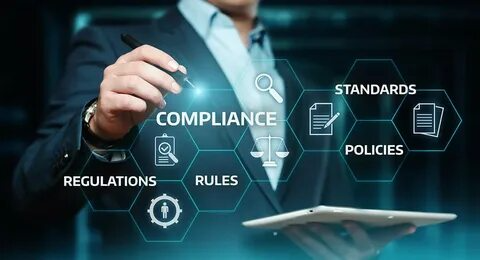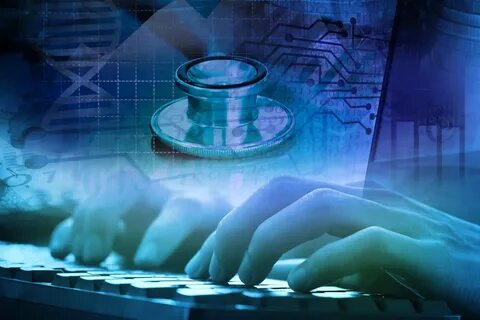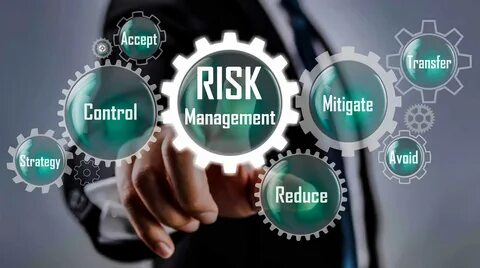The importance of outside remote medical auditing in healthcare today lies in its ability to enhance financial performance, ensure compliance, and maintain data integrity—all while leveraging technology for cost-effective and flexible service delivery. Here are the key reasons why it is crucial in modern healthcare:
Let HealthGrade Solutions show you how to maximize your reimbursements and reduce denials with our expert Medical Auditing team. Contact us today for an assessment of your practice or facility.
Contact us today for assessment of your practice or facility:
info@healthgradesoltions.com
Prevention of Overpayments and Denials: Identifying coding errors early helps prevent overpayments that could lead to recoupments or penalties and reduces claim denials.


Prevention of Overpayments and Denials: Identifying coding errors early helps prevent overpayments that could lead to recoupments or penalties and reduces claim denials.

HIPAA and Security Compliance: External auditors use secure, compliant technology to review data without compromising patient privacy.
HIPAA and Security Compliance: External auditors use secure, compliant technology to review data without compromising patient privacy.




No Need for On-Site Resources: Remote audits eliminate travel expenses and minimize disruptions to daily operations.
Scalable Services: Organizations can scale auditing services up or down based on their needs without hiring full-time staff.
No Need for On-Site Resources: Remote audits eliminate travel expenses and minimize disruptions to daily operations.
Scalable Services: Organizations can scale auditing services up or down based on their needs without hiring full-time staff.

Specialized Knowledge: Remote auditing firms often have specialists with expertise in various areas, including HCC coding, DRG validation, and compliance with evolving healthcare regulations.
24/7 Availability: Remote auditing services provide flexible scheduling, enabling continuous monitoring and faster turnaround times.


Specialized Knowledge: Remote auditing firms often have specialists with expertise in various areas, including HCC coding, DRG validation, and compliance with evolving healthcare regulations.
24/7 Availability: Remote auditing services provide flexible scheduling, enabling continuous monitoring and faster turnaround times.

Enhanced Documentation Integrity: Accurate audits help improve the quality of clinical documentation, which supports better patient care and more precise reporting of outcomes and risk adjustment.
Data Analytics and Trend Identification: External auditors can leverage advanced data analytics tools to identify coding trends, fraud risks, and areas requiring policy updates.
Enhanced Documentation Integrity: Accurate audits help improve the quality of clinical documentation, which supports better patient care and more precise reporting of outcomes and risk adjustment.
Data Analytics and Trend Identification: External auditors can leverage advanced data analytics tools to identify coding trends, fraud risks, and areas requiring policy updates.

Prevention of Compliance Issues: Regular external audits act as a proactive measure to identify and correct problems before regulatory audits occur, reducing overall risk.


Prevention of Compliance Issues: Regular external audits act as a proactive measure to identify and correct problems before regulatory audits occur, reducing overall risk.

Outside remote medical auditing is a critical tool for modern healthcare organizations, providing expertise, cost-efficiency, and unbiased analysis to ensure financial health, regulatory compliance, and high-quality patient data. It empowers healthcare leaders to optimize performance while focusing on delivering exceptional care.